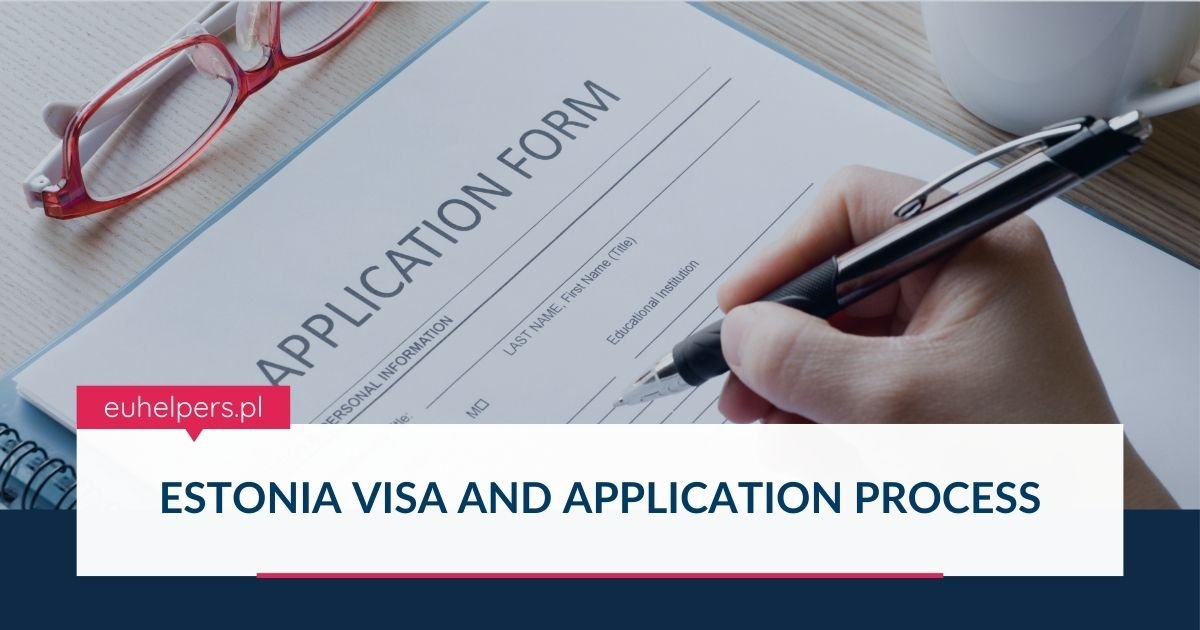Estonia, a vibrant European country known for its digital innovation and thriving economy, has specific requirements for individuals seeking employment within its borders. Whether you’re a European Union (EU) citizen or from outside the EU, understanding the necessary steps is crucial to ensure a smooth transition to working in Estonia.
Do You Need a Visa to Work in Estonia?
For non-EU/EEA/Swiss citizens, a work visa is mandatory to legally work in Estonia. This visa is typically issued for a period of one year. If your employment extends beyond this duration, you will need to apply for a temporary residence permit.
In contrast, EU/EEA/Swiss citizens do not require a work visa. However, they must complete certain formalities upon arrival:
- Register as residents in the Estonian Population Register within the first three months of their stay.
- Apply for an identity card within the first month of residence in Estonia.
Requirements for Non-EU Citizens Applying for a Work Visa
To apply for a work visa, non-EU citizens must meet the following prerequisites:
1. Employment Registration: Your prospective employer in Estonia must pre-register your employment with the Estonian Police and Border Guard Board.
2. Employment Contract: You must have a valid contract outlining the terms of your employment.
3. Qualifications: You must possess the necessary qualifications required for the job.
4. Health Clearance: You must be in good health.
Documents Required for a Work Visa Application
The application process for an Estonian work visa involves submitting a range of essential documents, including:
1. Valid Passport: Ensure your passport is valid for at least three months after your intended return date and has at least two blank pages.
2. Passport Photos: Two recent passport-sized photos, taken within the last six months.
3. Completed Application Form: This form must be filled out online.
4. Consular Fee Payment: Proof of payment for the visa application.
5. Medical Insurance: Coverage for the duration of your stay in Estonia.
6. Proof of Accommodation: Documents confirming you have a place to stay, such as a lease agreement or an invitation letter.
7. Cover Letter: A personal statement explaining your intent to work in Estonia.
8. Criminal Record Certificate: A document proving you have no criminal history.
9. Employment Contract: A detailed contract specifying your job title, salary, and employment duration.
10. Proof of Qualifications: Relevant documents, including educational diplomas, CV, and certifications like a driver’s license (if applicable).
Whether you are an EU citizen or from outside the EU, Estonia offers clear pathways to join its workforce. Understanding and adhering to these requirements is essential for a successful work experience in this dynamic country. By ensuring all documentation is in order and meeting the specified conditions, you can look forward to a seamless process as you embark on your new professional journey in Estonia.

